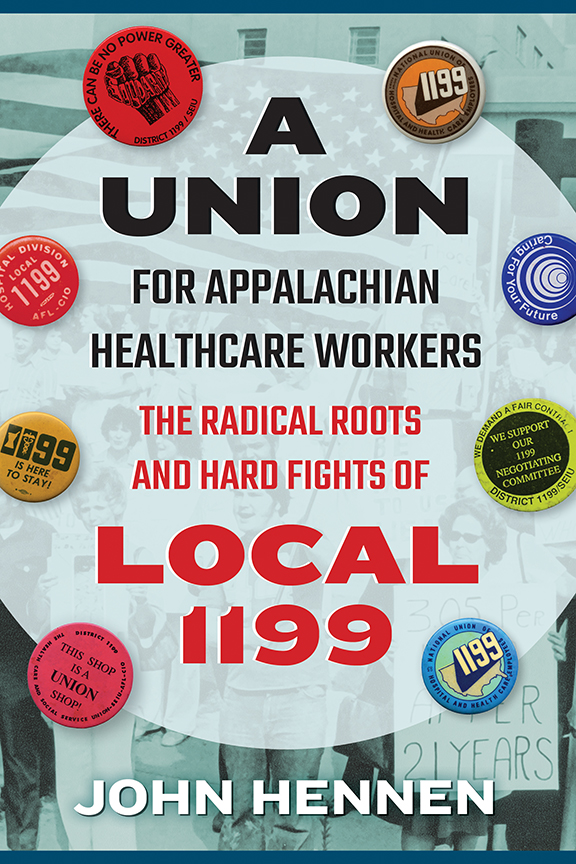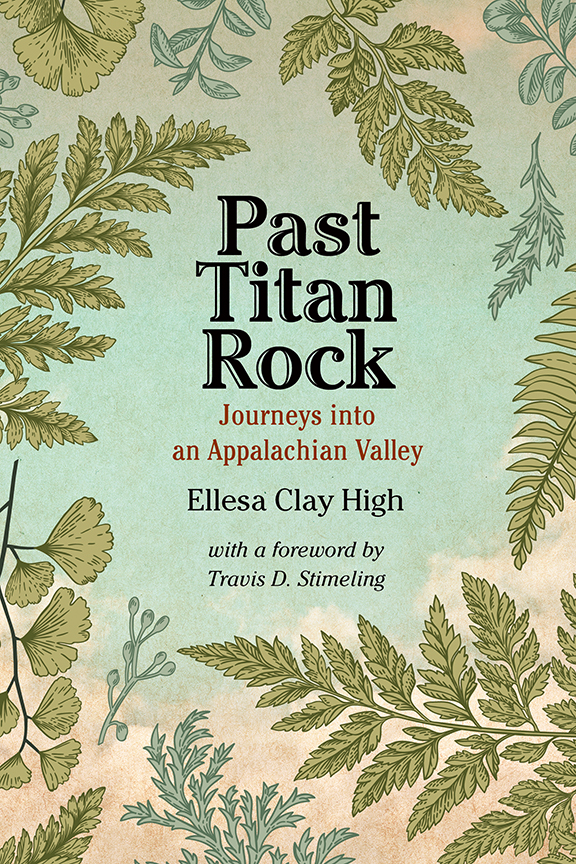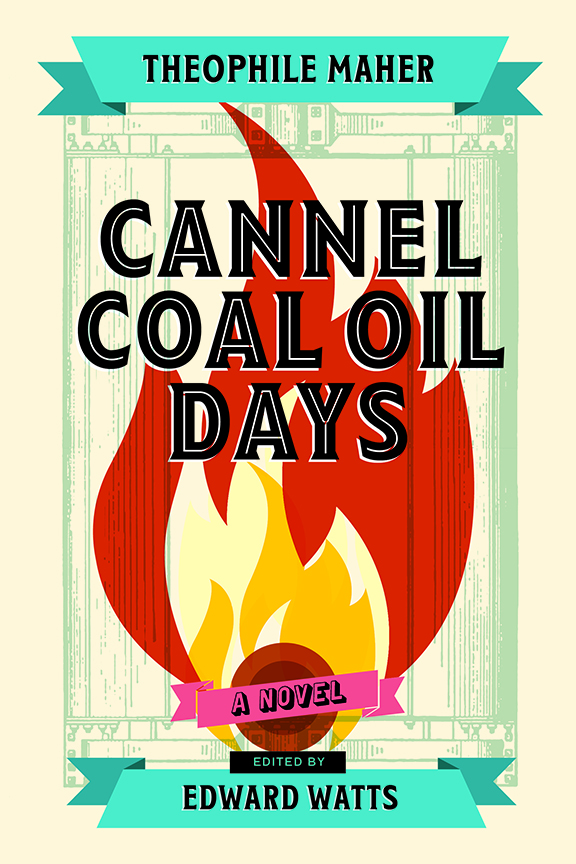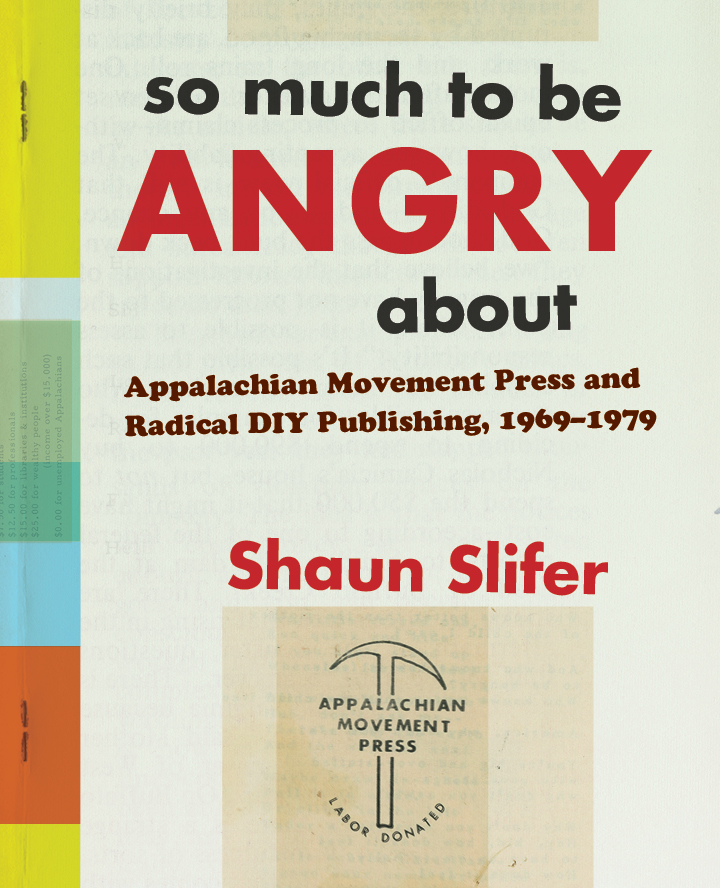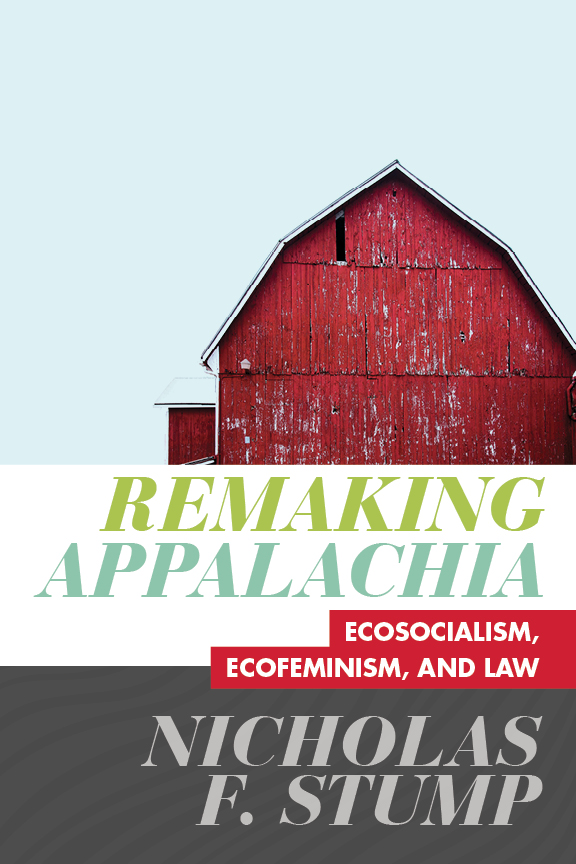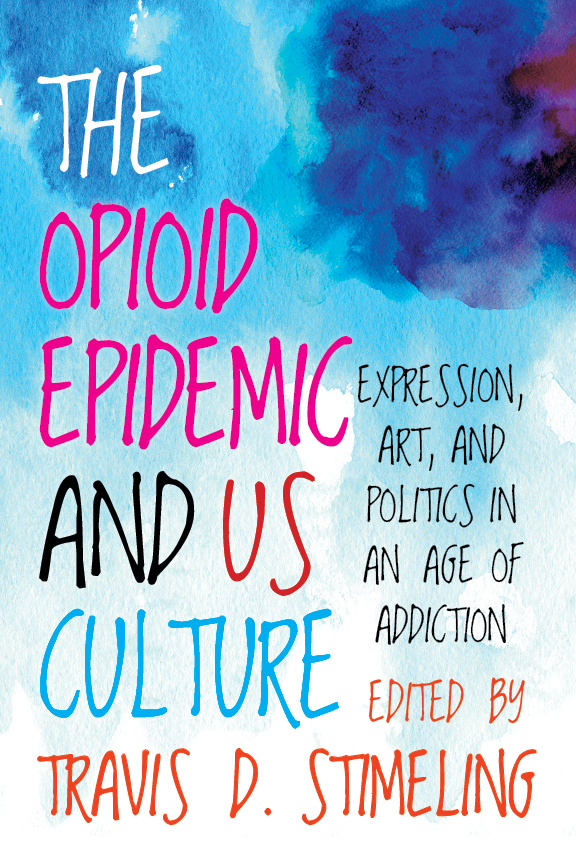
December 2020
300pp
PB 978-1-949199-71-0
$29.99
CL 978-1-949199-70-3
$99.99
eBook 978-1-949199-72-7
$29.99
The Opioid Epidemic and US Culture
Expression, Art, and Politics in an Age of Addiction
Summary
The Opioid Epidemic and US Culture brings a new set of perspectives to one of the most pressing contemporary topics in Appalachia and the nation as a whole. A project aimed both at challenging dehumanizing attitudes toward those caught in the opioid epidemic and at protesting the structural forces that have enabled it, this edited volume assembles a multidisciplinary community of scholars and practitioners to consider the ways that people have mobilized their creativity in response to the crisis. From the documentary The Wild and Wonderful Whites of West Virginia to the role of cough syrup in mumble rap, and from a graphic novel’s depiction of addiction to protests against the Sackler family’s art-world philanthropy, the essays here explore the intersections of expressive culture, addiction, and recovery.
Written for an audience of people working on the front lines of the opioid crisis, the book is essential reading for social workers, addiction counselors, halfway house managers, and people with opioid use disorder. It will also appeal to the community of scholars interested in understanding how aesthetics shape our engagement with critical social issues, particularly in the fields of literary and film criticism, museum studies, and ethnomusicology.
Contents
Introduction: The Opioid Crisis and Expressive Culture
Travis D. Stimeling
Part I. On the Outside Looking In: The Opioid Crisis from Without
1. “Something Too Pure / Is Killing Us”: Opioid-Addiction Porn, Endurance, and the Neoliberal Appropriation of Resilience
Jordan Lovejoy
2. “Snort Pills on My Head”: The Visual Rhetoric of Addiction, Abjection, and White Trash in The Wild and Wonderful Whites of West Virginia
Christopher Garland
3. The Pill: Aesthetics, Addiction, and Gender in Jennifer Weiner’s All Fall Down
Ashleigh Hardin
4. Prince, Tom Petty, and Pain: Projections of Authenticity in Popular Music
Leigh H. Edwards
5. “Maybe If I’d Stayed”: Appalachian Outmigration and Narratives of Loss in Nate May’s Dust in the Bottomland
Travis D. Stimeling
Part II. If You Lived Here: Representing the Opioid Epidemic from Within
6. Pretty Lil Azzie
Crystal Good
7. The Way the World Is: From Maggie Boylan
Michael Henson
8. Finding Maggie Boylan
Michael Henson
9. You Talkin’ about Me? Turning the Blood of Appalachia’s Opioid Epidemic into Ink
Jacqueline Yahn
10. Remediating the Opioid Crisis in Museums
Ethan Sharp
11. A Hole Is Not a Void: Extraction, Addiction, and Aesthetics
Jonas N. T. Becker
12. Narrative Engagement with the Opioid Epidemic: From Personal Story to Personal Reflection
Amanda M. Caleb and Susan McDonald
13. Recovering from Addiction in Sobriety: Narrating Disability/Mental Illness through the Medium of Comic Art
Tatiana Prorokova-Konrad
14. “Hey, Let’s Have a Very Good Time”: The Opioid Aesthetics of Post-Verbal Rap
Austin T. Richey
Part III. New Day Dawning: Recovery, Sobriety, and Post-Opioid Futures
15. Healing Open Wounds
Chelsea Jack
16. Pain Is One Dance Partner: Move with It
Anne Lloyd Willett
17. Images of Opioid Addiction, Recovery, and Privilege in Mainstream Hip Hop
Paige Zalman
18. The Voices of Hope—A Recovery Community Choir: Redefining Self, Community, and Success
Natalie Shaffer
Contributors
Index
Editor
Travis D. Stimeling is associate professor of musicology at West Virginia University, where he also directs the WVU Bluegrass and Old-Time Bands. His previous books include Cosmic Cowboys and New Hicks: The Countercultural Sounds of Austin’s Progressive Country Music Scene, The Country Music Reader, and two books with WVU Press: Fifty Cents and a Box Top: The Creative Life of Nashville Session Musician Charlie McCoy and Songwriting in Contemporary West Virginia: Profiles and Reflections.
Reviews
“A wholly unique and timely approach to understanding the ways that opioids have become entangled with the lives of users and of US culture at large, and a needed complement to public health, sociological, and criminological approaches to this particular problem.”
Travis Linnemann, author of Meth Wars: Police, Media, Power



